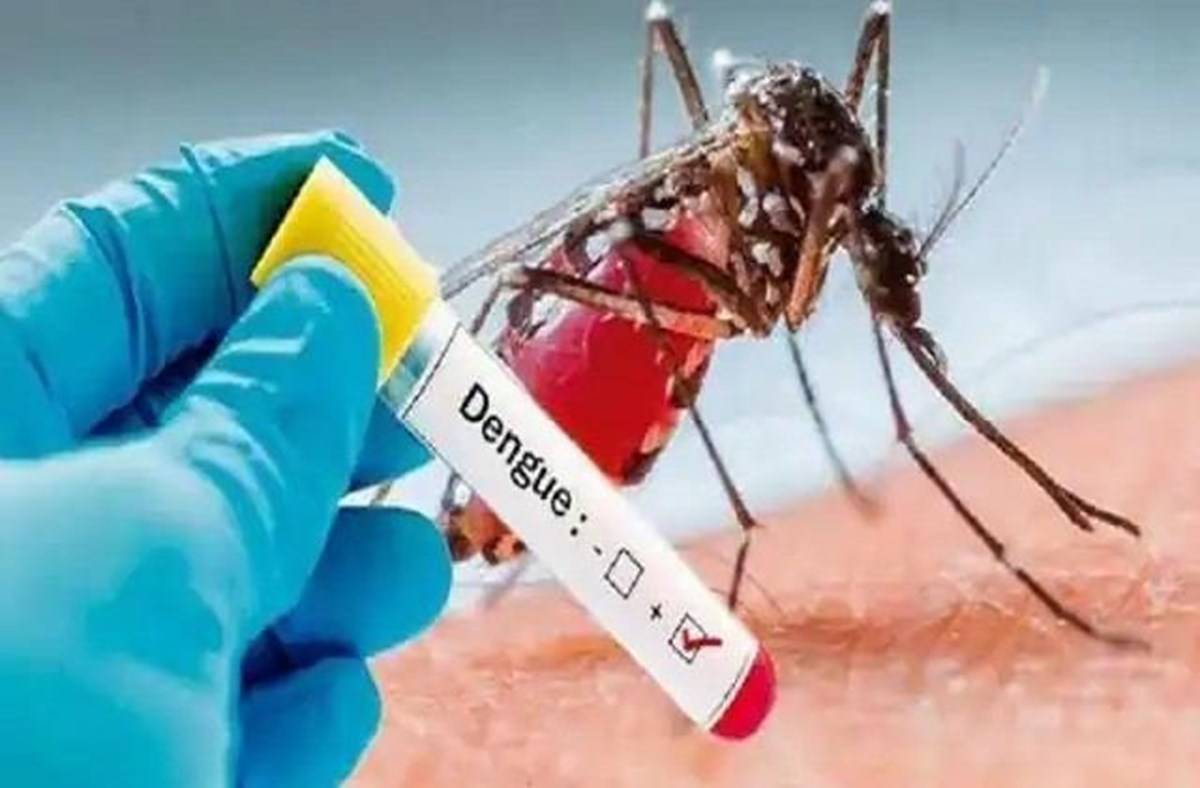
Dengue (DENG-gey) fever is a mosquito-borne disease that occurs in tropical and subtropical regions across the world. Mild dengue fever generates a high temperature and flu-like symptoms.
The severe type of dengue fever, also known as dengue hemorrhagic fever, can result in severe bleeding, a rapid decrease in blood pressure (shock), and death.
Every year, millions of people become infected with dengue. Southeast Asia, the western Pacific islands, Latin America, and Africa are the most affected by dengue fever. However, the illness has spread to other places, including India and small outbreaks in Europe and the southern United States.
Dengue fever vaccines are being developed by researchers. For the time being, in regions where dengue fever is widespread, the best strategies to avoid illness are to avoid mosquito bites and to take efforts to lower the mosquito population.
What are the early Signs & Symptoms of Dengue?
Many individuals demonstrate no signs or symptoms of a dengue infection.
When symptoms do appear, they may be misdiagnosed as other illnesses, such as the flu, and generally appear four to ten days after being bitten by an infected mosquito.
Dengue fever causes a high temperature of 104°c (40°c) as well as any of the following signs and symptoms:
• Headache
• Pain in the muscles, bones, or joints
• Nausea
• Vomiting
• Pain behind the eyes
• Swollen glands
• Rash
You can also make your own herbal mosquito repellant at home.
Most people recover in about a week. Symptoms might intensify and become life-threatening in certain situations. This condition is known as severe dengue, dengue hemorrhagic fever, or dengue shock syndrome.
When your blood vessels become broken and leaky, you have severe dengue. In addition, the number of clot-forming cells (platelets) in your blood decreases. Shock, internal haemorrhage, organ failure, and even death can result from this.
Severe dengue fever, which is a life-threatening emergency, can manifest fast. The warning signs generally appear during the first day or two after your fever has subsided, and they may include:
• Extreme stomach ache
• Vomiting that persists
• Bleeding from the gums or the nose
• Blood in your pee or vomiting
• Bleeding beneath the skin, which may seem as bruises
• Breathing that is difficult or rapid
• Fatigue
• Irritability or agitation
Dengue Risk factors
You are more likely to have dengue fever or a more severe version of the disease if you:
• You either reside in or go to tropical places. Being in tropical and subtropical locations increases your chances of contracting the dengue fever virus. Southeast Asia, the western Pacific islands, Latin America, and Africa are particularly high-risk locations.
• You've experienced dengue fever before. If you have previously been infected with a dengue fever virus, you are more likely to have severe symptoms if you get dengue fever again.
How to Prevent Yourself from Dengue?
Vaccine:
In areas of the world where dengue fever is prominent, one dengue fever vaccine (Dengvaxia) is licensed for persons aged 9 to 45 who have already experienced dengue fever. The vaccination is administered in three doses over the course of a year.
The vaccine is only licensed for those who have a documented history of dengue fever or who have a blood test that confirms past infection with one of the dengue viruses — a condition known as seropositivity. Receiving the vaccination appears to increase the risk of severe dengue fever and hospitalization due to dengue fever among persons who have had dengue fever before (seronegative).
Prevent yourself from mosquito bites:
The World Health Organization emphasizes that vaccination is not an effective strategy in reducing dengue fever in places where the sickness is widespread on its own.
The major approaches for preventing the development of dengue fever are still avoiding mosquito bites and reducing the mosquito population.








